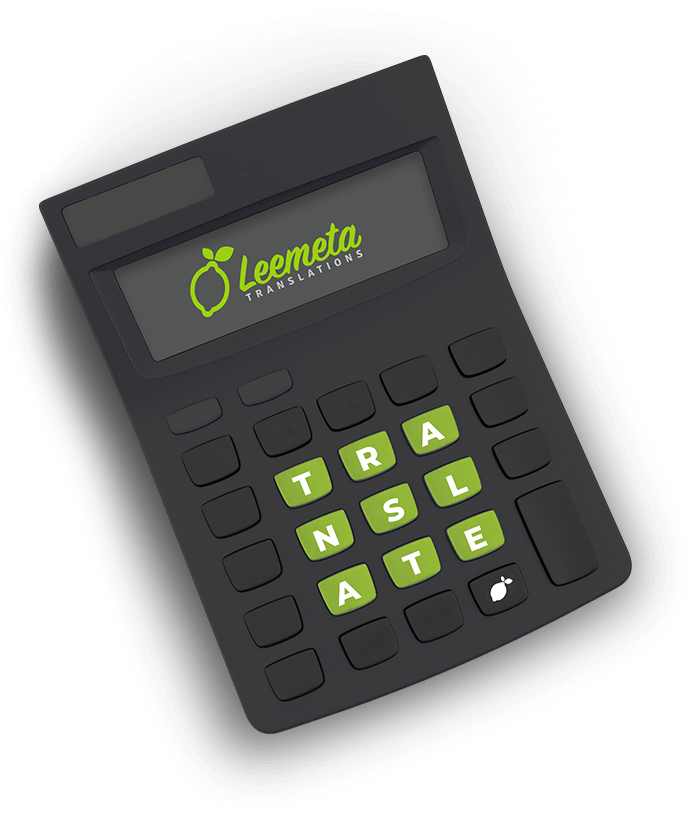‘A’/an’ and ‘the’ – they are such small words. We use them all the time. Think of the last sentence you said. Chances are, it included at least one of those three. But could you explain to someone why each one is used? Why ‘a’ is more appropriate than ‘the’? Does it really matter? Well, yes it does, and that’s why we are going to explain further.
A/An and The – Definite and Indefinite Articles
Officially adjectives, ‘a’, ‘an’ and ‘the’ are called ‘articles’. They are used to modify and define a noun and can do this in a definite or indefinite way.
A/An = indefinite article – used for non-specific items
The = definite article – used for specific or known items
Consider the difference between:
- I went to a party last night
AND
- I went to the party last night
The use of ‘a’ shows that the listener does not know which party the speaker is referring to, but ‘the’ refers to a specific party that the listener is aware is happening.
When ‘A/An’ and ‘The’ are Used Together
Obviously, not all sentences use just one or the other. Let’s take a look at this sentence:
- I got on the train and there was a man sitting by the door. At the next station, the man got off and a woman got on and sat in the same seat.
Here are the reasons for choosing each article:
- the train → you only got on one, specific train
- a man → the man is not known to you
- the door → you know which door because you just cam through it
- the next station → there is only one specific station that is next
- the man → the man has already been mentioned, so he is known to the listener
- a woman → the woman is not known to you
- the same seat → the seat is known in the story, as it is the same one the man sat in
Rule of thumb
If something has already been mentioned in a sentence or story using ‘a/an’ (a man), then it is preceded by ‘the’ if it is mentioned again (the man) because it is now known to the listener.
Zero Article
There are several circumstances where no article is needed.
| EXAMPLE | |
|---|---|
| Institutions |
|
| Meals |
|
| Time expressions |
|
| Work, home, bed |
|
but getting it right will put you one more step closer
to being the proficient user of English that you want to be!













Add new comment